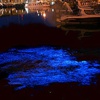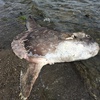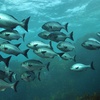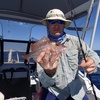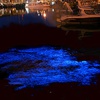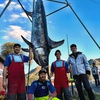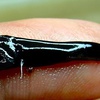
Young drifters just go with the flow
AS well as extinct volcanoes, scientists on the latest research voyage by CSIRO’s Investigator have gained amazing insights into the life and times of juvenile fish along the East Australian Current (EAC). Read the full story in The Mercury.


